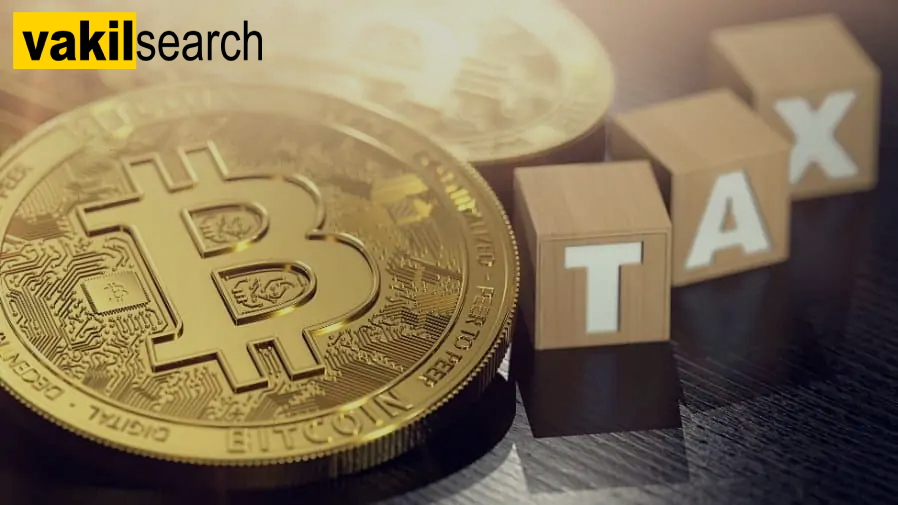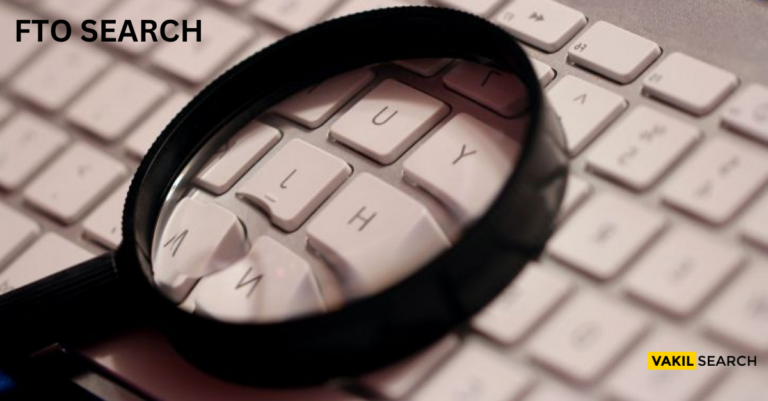In this article, we will help you make an informed decision by exploring the potential benefits and drawbacks of investing in NFTs.
Initially, NFTs were associated with high costs and technical complexities, limiting their accessibility. However, with the advancement of blockchain technology and the proliferation of NFT marketplaces, the barriers to entry have gradually lowered. The ability to tokenize digital assets has become more user-friendly, allowing artists and creators to embrace this new digital frontier. In recent years, Non-Fungible Tokens (NFTs) have taken the art and digital asset world by storm. These unique digital assets, built on blockchain technology, have gained widespread attention and attracted significant investments from individuals and institutions alike. However, like any investment, there are both pros and cons to consider before diving into the world of NFTs. In this article, we will explore the potential benefits and drawbacks of investing in NFTs, helping you make an informed decision.
Should You Invest in Non-Fungible Tokens (NFTs)?
Before delving into the pros and cons, it’s important to assess whether investing in NFTs aligns with your financial goals and risk tolerance. NFTs have garnered attention primarily in the art and collectibles sector but have also expanded into domains such as gaming and virtual real estate. Their unique nature and potential for significant returns attract investors seeking diversification and exposure to digital assets. However, NFTs are a relatively new and volatile market, and their long-term value is still uncertain.
Pros of Investing in NFTs:
Unique Ownership and Authenticity: One of the key advantages of NFTs is the ability to prove ownership and authenticity. Blockchain technology provides a transparent and immutable record of ownership, eliminating the risk of counterfeit or fraudulent artworks or assets.
Potential for High Returns: NFTs have witnessed astonishing price appreciation, with some artworks selling for millions of dollars. The scarcity and demand for unique digital assets have created opportunities for substantial returns on investment.
Fractional Ownership and Liquidity: NFTs can be divided into smaller fractions, allowing investors to own a share of high-value assets that would otherwise be unaffordable. Additionally, NFT marketplaces offer liquidity, allowing investors to buy and sell their holdings more easily than traditional art or collectibles markets.
- Direct Engagement with Creators: NFTs enable direct interaction between artists, creators, and investors. By investing in an artist’s NFT, you can support their work and participate in their success, fostering a unique connection between the creator and the collector.
Cons of Investing in NFTs
- Market Volatility and Speculation: The NFT market is relatively new and can be highly volatile. Prices of NFTs can fluctuate drastically, which may result in substantial gains or significant losses for investors. Rapid price changes can be driven by speculative factors and hype, making it challenging to predict long-term value.
- Lack of Regulation: The NFT market currently operates with minimal regulation. While this allows for innovation and freedom, it also exposes investors to potential scams, fraud, and market manipulation. Due diligence is crucial when considering investments in NFTs.
- Environmental Concerns: NFTs are built on blockchain technology, predominantly on the Ethereum network, which relies on energy-intensive mining operations. The carbon footprint associated with NFTs has raised concerns about their environmental impact, particularly as the market expands.
- Uncertain Long-Term Value: While some NFTs have achieved extraordinary prices, the sustainability and long-term value of the market remain uncertain. The rapid influx of new NFTs and the potential for oversaturation could impact demand and the value of existing assets.
Why Do People Invest in NFTs?
In the ever-evolving landscape of digital assets, Non-Fungible Tokens, or NFTs, have emerged as a captivating avenue for investment. These tokens represent certificates of ownership over exclusive digital artifacts and artworks, raising the question: Why do people invest in NFTs?
NFTs possess a distinctive trait – their non-fungibility. This signifies that each NFT stands as the sole iteration of its associated asset, rendering it immune to duplication or replication. Unlike fungible tokens like cryptocurrencies, which are interchangeable, NFTs encapsulate a realm of uniqueness.
These tokens encapsulate an eclectic assortment of digital forms, ranging from graphics and movies to music, games, memes, sounds, and even virtual assets. When an individual acquires an NFT, they gain possession of a token that serves as irrefutable evidence of ownership. This certified ownership is indelibly inscribed within the blockchain, the immutable ledger of the digital realm.
Imagine NFTs as the collectible cards of the crypto and blockchain universe. They bear the weight of being the sole keys to owning an exceptional piece of digital art, safeguarded against any attempts at duplication. Similar to traditional works of art, NFTs can be traded and sold, creating a bustling marketplace for digital enthusiasts and collectors.
The allure of investing in NFTs stems from their potential as vehicles for both cultural expression and financial gain. With the ability to harness the power of blockchain technology to establish provable ownership and provenance, NFTs offer a bridge between the tangible and the digital. As the world navigates an increasingly digital age, NFTs provide an entrancing way for individuals to partake in the ownership and appreciation of digital creativity, while simultaneously exploring new dimensions of investment and wealth generation.
Tips for Investing in NFTs
Navigating the world of Non-Fungible Tokens (NFTs) opens a realm of unique opportunities for investment. Here’s a guide to get you started on your NFT investment journey:
Choose the Right NFT Marketplace
To dive into NFT investing, you’ll need access to an NFT marketplace. Renowned platforms like OpenSea, Rarible, SuperRare, and Foundation are popular choices. These marketplaces serve as hubs where you can discover, buy, and sell NFTs.
Secure a Cryptocurrency Wallet
To engage in transactions on NFT marketplaces, you’ll require a cryptocurrency wallet. Many crypto wallets are compatible with NFT platforms, enabling you to seamlessly browse and make purchases.
Explore and Engage
Crypto wallets linked to NFT marketplaces offer an avenue to explore a plethora of creative digital assets. Peruse the offerings, from art and music to games and virtual assets. When something captures your interest, you can make a purchase directly from your wallet.
Safe Storage
Once you’ve acquired an NFT, it’s securely stored in your cryptocurrency wallet. This digital vault ensures the safety and preservation of your unique asset.
Ethereum and Beyond
A significant portion of NFTs are associated with the Ethereum cryptocurrency. Owning an NFT grants you the liberty to keep it, exhibit it, or list it for sale.
Factor in Marketplace Fees
Keep in mind that NFT sales are subject to marketplace fees. Before making a transaction, familiarise yourself with the fee structure of the chosen platform.
Verification through Blockchain
Marketplaces employ blockchain technology for NFT verification. This ensures the authenticity and ownership of the digital assets, providing transparency and trust.
The Bottom Line:
Investing in NFTs can offer unique opportunities and benefits, but it is not without risks. Before investing, carefully consider your financial goals, risk tolerance, and understanding of the market. Conduct thorough research, engage with reputable platforms and marketplaces, and seek advice from experts if needed.
FAQs:
Why Do People Invest in NFTs?
People invest in NFTs (Non-Fungible Tokens) for several reasons: a) Artistic and Collectible Value: NFTs are often associated with digital artwork, collectibles, and unique virtual assets. Some individuals invest in NFTs because they appreciate the artistic value or the scarcity of a particular piece. Owning an NFT can give them a sense of ownership and exclusivity. b) Potential Financial Returns: Just like any investment, people see the potential for financial gains in NFTs. Some NFTs have sold for significant amounts of money, attracting investors who believe they can buy low and sell high. c) Support for Creators: NFTs provide a way for artists, musicians, and other content creators to monetize their work directly. By investing in NFTs, people can support their favorite creators and help them earn income. d) Speculation: Some investors are attracted to the speculative nature of NFTs. They believe that the market for NFTs will continue to grow, and by investing early, they can profit from the increasing demand and scarcity of certain assets.
Are NFTs a Good Investment?
The question of whether NFTs are a good investment is subjective and depends on various factors. Here are some considerations: a) Volatility and Risk: NFT markets can be highly volatile, with prices fluctuating rapidly. It's important to recognize that investing in NFTs carries risks, as with any investment. Prices can be influenced by trends, market sentiment, and the overall demand for NFTs, which can change unpredictably. b) Market Maturity: The NFT market is still relatively new and evolving. It's important to conduct thorough research and understand the market dynamics before investing. Lack of regulation and potential scams are also risks associated with the NFT space. c) Individual Preferences: Investing decisions depend on individual preferences, risk tolerance, and investment goals. Some people may find value in owning NFTs for personal enjoyment or supporting creators, regardless of potential financial gains. d) Diversification: As with any investment strategy, diversification is crucial. It's generally not advisable to put all of your investment capital into a single asset class. If you choose to invest in NFTs, consider diversifying your portfolio with other assets like stocks, bonds, or real estate. It's important to do thorough research, seek advice from financial professionals if needed, and make informed decisions based on your own opinions and risk tolerance.
Is investing in NFTs a good idea?
Drawbacks of NFT investment encompass expenditure on items that lack genuine asset classification, resource-intensive origination, susceptibility to fraud, and the potential necessity of owning Ether tokens for NFT acquisition. It's not prudent to invest in digital assets, NFTs included, solely due to tokenisation.
What is the negative side of NFTs?
NFTs lack eco-friendliness. Majority of NFTs operate on Ethereum, requiring energy-intensive mining for transaction confirmation. Mining's energy consumption worries those fearing carbon emissions escalation from non-clean energy sources.
What is the risk of investing in NFTs?
The apparent authenticity of these outlets is attributed to their use of genuine logos and content. These fraudulent NFT stores pose significant risks, potentially vending NFTs that don't exist in the digital realm. Furthermore, the possibility of counterfeit NFTs being peddled through such deceptive stores is a concern.
What are 3 problems with NFTs?
Three problems associated with NFTs include their environmental impact due to energy-intensive blockchain transactions, the risk of fake NFT stores selling non-existent digital assets, and the potential for copyright infringement and ownership disputes.
Also, Read:










